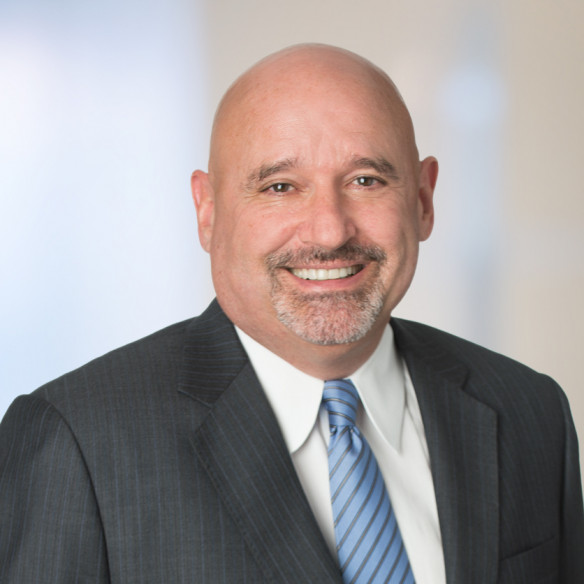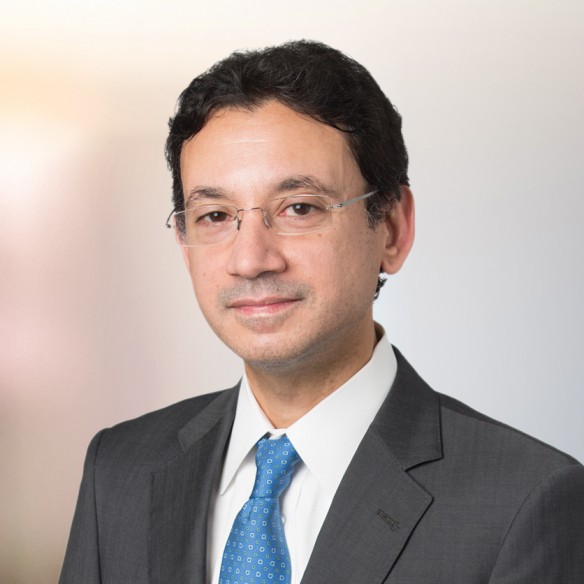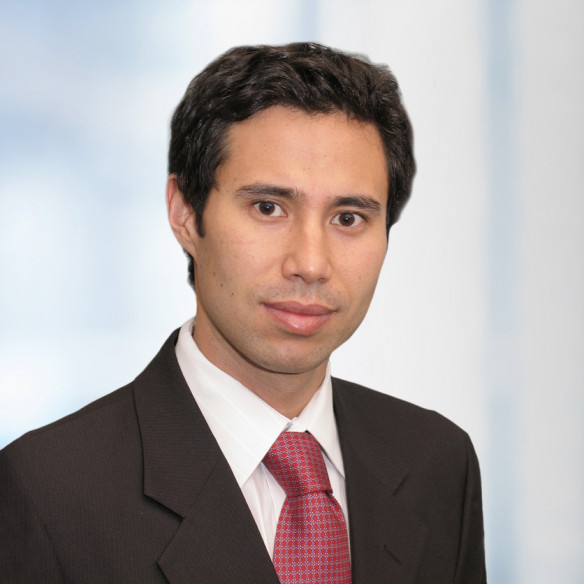Successful business in Latin America requires intimate knowledge of multiple jurisdictions and a deep comprehension of the cultures throughout the area. Each nation has its own legal pitfalls and social and traditional dos and don'ts. If you don't take these things into account, it could hurt your business, employees and clients.
Carlos Martinez, Co-Head Latin America Practice, New York
In Latin America, lenders and borrowers are coordinating financings connected to certain ESG objectives and sustainable practices. Private funds, commercial banks, and multilateral institutions are all interested in extending loans tied to ESG and sustainability goals, and this interest should increase as the SEC considers new rules to enhance disclosure requirements for funds and advisers regarding their ESG investment strategies and practices.
Antonio Piccirillo, Head of São Paulo Office, São Paulo and New York
Large funds in the region are increasingly using deal-dependent hedges to handle short-term risks on transactions that are sensitive to changes in foreign currency, interest rates or commodity prices. Unlike a traditional hedge, the investor in a deal-contingent hedge just walks away from the hedge if certain conditions aren't met for the closing of the investment transaction. The good news, for smaller funds and investors, is that as more financial institutions have learned to analyze contingency-risk scenarios, the types of investors in Latin America who can use deal-contingent hedges have grown, the deal sizes that are needed have shrunk, and the types of hedges have grown beyond M&A to include project finance and infrastructure.
David Fenwick, International Finance, São Paulo
Fund structuring is an ever-evolving area in Latin America due to constant shifts in tax rules and fund regulations. In Brazil, for instance, there are no private investment funds – every investment fund is subject to registration with, and oversight by, the Comissão de Valores Mobiliário (the Brazilian Securities and Exchange Commission). Advisers are required not only to master applicable U.S. and English laws and regulations, but also design structures and fund terms to address local concerns and allow flexibility for restructurings, such as reallocations of LPs, redomiciliations and a more liberal approach to the use of AIVs. Familiarity with the local industry trends, laws and regulations and working very closely with local counsel are essential to successful mandates.
Fabio de Yamada, Private Investment Funds, São Paulo and New York
If you would like to contact us or have a question for "Question of the Week," please email beyondthedeal@proskauer.com.






